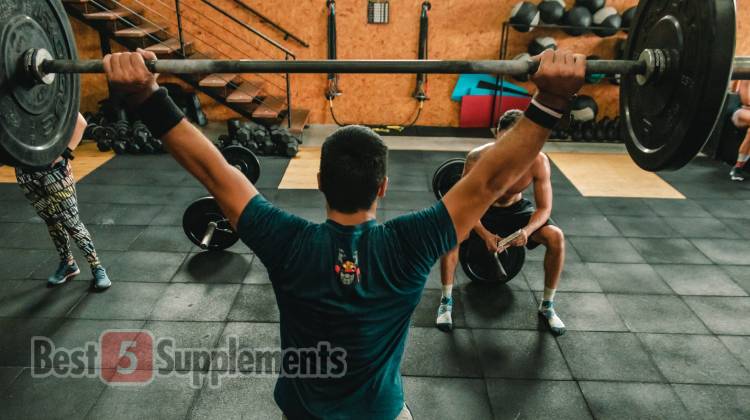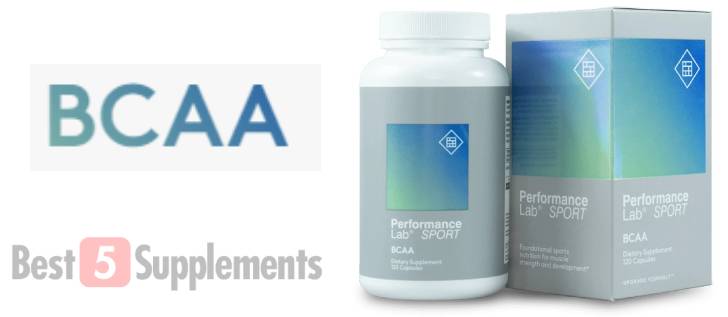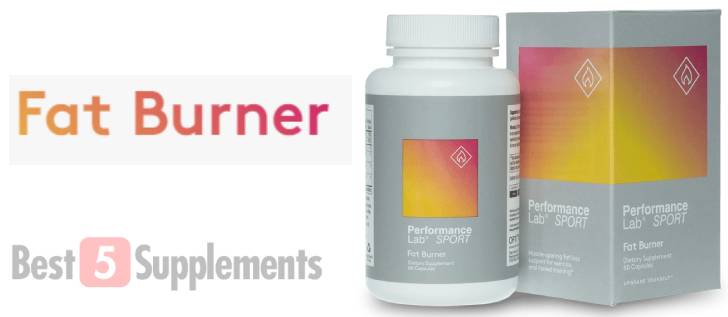
Bodybuilding requires an intense commitment to exercise and nutrition. Between measuring each gram of food and the hours at the gym, you’re employing all of your willpower to lose fat and build muscle.
Fasted training is thought to burn fats at a higher rate during training. Therefore, it’s become one of the more popular dietary strategies in bodybuilding.
But do you need to train fasted? Does it actually help, or would training fed provide more energy and better results? As it turns out, both can work, but you have to figure out what works best for you.
In order to do so, let’s take a look at the science behind the two biggest components of bodybuilding: losing fat and building muscle.
Table of Contents
A brief message about burning fat
Ultimately, fat loss depends heavily on how much you eat rather than when you eat.
Yes, intermittent fasting, fasted training, meal timing, and all of the other nuances have their place. But a large part of their success comes from dropping total calorie intake. If you expend more energy than you take in, your body is going to reach into its fat stores to survive.
The thing is – we’re using fats to fuel everyday life. You’re probably burning fats right now just reading this post. The body switches into carbohydrate use:
- when blood sugar is readily available (why go the hard way when you can take what’s in front of you?)
- when exercise intensity increases, you start breathing harder and shift towards anaerobic
That being said, the less sugar we have available to use in our blood, the less likely we are to use it at rest or lower intensities. Which, in the cases specified above, means sourcing stored fat for energy.
That’s where the whole concept of fasted training takes root.
It’s important, however, to consider its importance in the grand scheme of things, especially when we’re talking about building muscle.
Building muscle – A little more on hypertrophy
It’s an issue every bodybuilder faces. How do you eat enough to build muscle yet not too much to put on fat?
Most resort to a strict diet, a combination of resistance training methods, and long hours of steady-state cardio.
On its own, hypertrophy requires either mechanical/metabolic stress or muscle damage followed by restorative nutrients, mostly protein and carbs. Working out on its own just catabolizes nutrients.
You’ve got to eat big to get big, which is why pre and post-workout nutrition are so vital.

Training fed vs fasted – which one is for you?
Training fed will by far give you more energy than training fasted. Well, unless you eat an entire Thanksgiving dinner ahead of time. Then you’ll probably just go into a food coma.
Barring the extreme, eating a nutritious meal ahead of time gives you fuel. The body’s preferred way of producing energy is breaking down blood sugar (from the food you just ate).
Peak post-meal glucose occurs around 90 minutes. Training within that window means you’ll have energy available when you need it.
If you’re going for a new PR, doing an extra-long session, or prioritizing performance over body composition, train fed.
But assuming we absolutely have to eat a meal in order to have a good workout is flawed. For some of us, eating prior to training is just plain uncomfortable. Others don’t have time to cook and eat a full meal before their 5 AM workouts.
As it turns out, training fasted is not only possible but holds its own benefits.
What happens when we train fasted?
At risk of overstating the obvious, not eating means no food in your bloodstream. Since it can’t just pick glucose from your veins, the body goes looking elsewhere for energy. During really high-intensity, anaerobic exercise, this means glycogen stores.
Most bodybuilding workouts, however, are either heavily reliant on creatine (short, heavy lifting). Or they’re more aerobic (building a pump, steady-state cardio).
You probably know this – it’s what the whole “fat-burning zone” relies on. You can’t go too hard, or else you’ll shift into carbs. Thanks to something called the respiratory exchange ratio, the body runs on stored fats during longer, lower-intensity exercise.
If this is your workout, training fasted will theoretically help you use fats during your session.
There’s one major issue with fasted training, however, especially if you’re already pretty lean. In the late stages of preparing for a show, you (hopefully) don’t have much fat left to call upon. So where else can your body find nutrients in the absence of food? Muscle tissue.
Muscles are routinely broken down for energy during times of starvation. While you’re not literally starving, you have to admit – you’ve been severely restricting your calories.
Add in a few hours of pumping iron, and your body will be scrambling for nutrients. You could feed it before training, of course, and have some glucose ready-to-go.
However, that would ruin any benefits of training fasted. So what do you do?
The best of both worlds – Is there some sort of compromise?
Thanks to human ingenuity, there’s a way to train both fed AND fasted. Sort of.
By using nutritional science, bodybuilders can take certain supplements that stimulate the muscle-building benefits of training fed without adding extra calories.
Taking BCAAs

*Performance Lab BCAA is our #1 recommended BCAA
Taking BCAAs technically adds calories, but they won’t do much to break your fast. Individual amino acids aren’t metabolized the same as whole-food proteins. Branched-chain amino acids make up most of your free amino acid pool, meaning they’re the most readily available for use.
In that sense, they’re to protein what high-glycemic sugars are to carbs, without the downsides.
During a fast, your body is going to use what it has available – stored or not. BCAAs have been shown to better preserve muscle and liver glycogen, and they’re an energy source on their own.
When you take BCAAs, they can be used for immediate energy needs or to create more muscle. But to do that, protein synthesis needs to happen faster than protein breakdown. Leucine, in particular, has been shown to both limit muscle catabolism and stimulate protein synthesis.
Thus, taking a good BCAA full helps you train hard and maintain muscle during a fast.
Fat burners

*Performance Lab Fat Burner is our #1 recommended fat burner.
On the other side of the coin, we have fat burners. Most fat-burning supplements focus on things like thermogenesis and fatty acid mobilization, which makes sense.
By moving fat into the bloodstream and increasing caloric expenditure, a good fat burner will help you recomp. Your biggest concern in a fasted state, however, is muscle preservation. As such, look for a compound called beta-hydroxy-beta-methylbutyrate, or HMB.
Research suggests that HMB can preserve muscle protein during fasted training. Interestingly enough, it’s a metabolite of leucine, which means it can also speed up recovery for better subsequent workouts.
Which BCAAs and Fat Burners do I take to train fasted?
First and foremost, if you’re set on training fasted, you’re going to want a supplement that doesn’t add many calories, if any. Check your supplements for added carbs or proteins, as those can break your fast. In fact, the closer you can get to pure, simple, and effective ingredients, the better.
For your BCAAs, we recommend Performance Lab Sport BCAA. By fermenting sunflower lecithin, their blend of leucine, isoleucine, and valine easily mimics naturally-occurring amino acids.
Furthermore, they focus on leucine, the primary ingredient to stimulate protein synthesis and limit breakdown. With a 2:1 ratio, their BCAA packs a powerful punch to give you the energy to train hard while training fasted.
The full ingredients in Performance Lab Sport BCAA are as follows:
- 1500 mg L-leucine
- 750mg L-isoleucine
- 750 mg L-valine
*To Buy, Visit: www.performancelab.com/products/bcaa
Performance Lab Fat Burner features three active ingredients, with a little black pepper extract to enhance bioavailability. Furthermore, they third-party test each supplement within a lab to ensure you only get what’s on the label, and nothing more.
Performance Lab Fat Burner contains the following ingredients:
- 1000 mg of ß-Hydroxy ß-Methylbutyrate – the minimally effective dose for fighting muscle breakdown
- 5 mg Black Pepper Extract – for better absorption
- 50 mg of Cayenne Pepper Extract – to promote thermogenesis
- 200mg of Coleus Forskohlii – shown to raise testosterone levels slightly to maintain muscle mass
*To Buy. Visit: www.performancelab.com/products/fat-burner
Final thoughts
Fasted training can be a useful tool in bodybuilding, but it’s not the only way to get cut.
There are way more important things to think about first, such as total caloric intake, macronutrient count, effort in training, and building a balanced physique. If training fed helps you succeed in those areas, by all means, go for it.
However, if you don’t like to work out on a full stomach, or you’re looking for a way to shed those last, very stubborn millimeters, try training fasted.
We just recommend using a little help to keep from losing your hard-earned muscle.
Leave a Reply